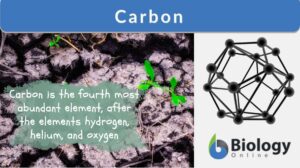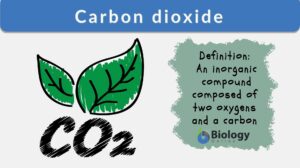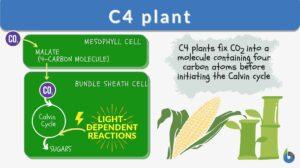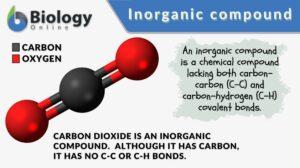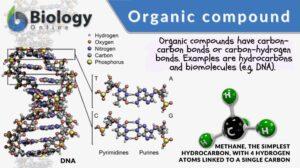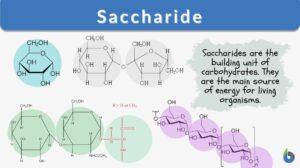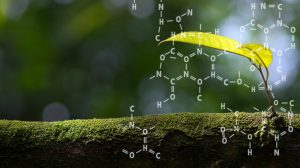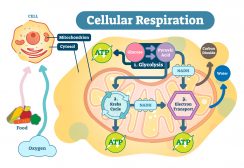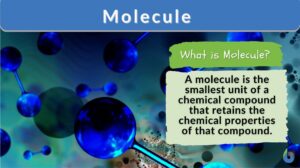Search Results for: carbon
Carbon fixation
Carbon Fixation Definition We know that the earth contains many elements. The periodic table shows us just how many... Read More
Carbon dioxide
Carbon Dioxide Definition noun, car·bon di·ox·ide, /daɪˈɒksaɪd/ (biochemistry) An inorganic compound, with the... Read More
Global Carbon Cycling on a Heterogeneous Seafloor
Carbon, nitrogen and oxygen are the fundamental elements of life on Earth. Global carbon varies in amount and its... Read More
Photosynthesis – Photolysis and Carbon Fixation
Photosynthesis is the means that primary producers (mostly plants) can obtain energy via light energy. The energy gained... Read More
Calvin cycle
Calvin Cycle Definition The Calvin cycle, also known as the Calvin Benson cycle or the dark reactions, is a series of... Read More
Plant Metabolism
Introduction Plants are responsible for incredible feats of molecular transformation. The processes are always being... Read More
Photosynthesis
Photosynthesis is a physio-chemical process carried out by photo-auto-lithotrophs by converting light energy into chemical... Read More
Hydrocarbon
Definition noun, plural: hydrocarbons An organic molecule comprised exclusively of carbon and hydrogen atoms Supplement A... Read More
C3 carbon fixation pathway
Definition noun A metabolic pathway where CO2 is converted to 3-phosphogylycerate, the first stable intermediate organic... Read More
C4 carbon fixation pathway
Definition noun A metabolic pathway where CO2 is first added to phosphoenolpyruvate by the enzyme, PEP carboxylase,... Read More
Anomeric carbon
Definition noun The carbon at which anomers rotate. Supplement An example of anomeric carbon is that carbon in a... Read More
Hydrocarbon chain
Definition noun, plural: hydrocarbon chains A chain consisting of only carbon and hydrogen atoms Supplement A hydrocarbon... Read More
Light-independent reaction
The process of photosynthesis is a biological procedure in which plants produce oxygen and energy (sugar) by using light... Read More
Krebs cycle
Krebs cycle, also known as the citric acid cycle or tricarboxylic acid (TCA) cycle, is a fundamental metabolic pathway that... Read More
Inorganic compound
Inorganic Compound Definition An inorganic compound is a chemical compound lacking both carbon-carbon (C-C) and... Read More
Chemical Composition of the Body
In order to fully understand the mechanisms of human physiology, it is important to have an understanding of the chemical... Read More
Organic compound
Organic Compound Definition An organic compound is a compound that, in general, contains carbon covalently bound to other... Read More
Cellular respiration
Cellular Respiration Definition What is cellular respiration in simple terms? Cellular respiration can be defined simply as... Read More
Monosaccharide
Monosaccharide Definition In biology and biochemistry, a monosaccharide is a simple sugar that constitutes the building... Read More
Catabolism
Catabolism Definition Catabolism is the branch of the metabolic process that breaks down complex, big molecules into... Read More
Saccharide
Saccharide Definition What is a saccharide molecule? A saccharide is the unit structure of carbohydrates. In biochemistry,... Read More
Effect of Chemicals on Growth & Development in Organisms
Plants Plants require a large number of elements to function properly, mainly carbon, oxygen, and hydrogen, essentially... Read More
Fermentation
Fermentation Definition What is fermentation? Fermentation is the breaking down of sugar molecules into simpler compounds... Read More
Erythrocyte
Erythrocyte Definition Erythrocytes (red blood cells or RBCs) are the myeloid series of specialized cells that play an... Read More
Carbon monoxide
Carbon monoxide (Science: chemical) An organic byproduct of combustion, tasteless, odourless gas that competes with oxygen... Read More
Saturated fatty acid
Definition noun, plural: saturated fatty acids A form of fatty acid with only single bonds between carbon atoms Supplement A... Read More
Respiration
Organization of the Respiratory System Each lung is composed of air sacs called alveoli - the sites of gas exchange with... Read More
Cell Respiration
As mentioned in the previous tutorial on ATP, the process of respiration is split into 3 distinct areas that occur at... Read More
Anaerobic respiration
Anaerobic Respiration Definition What is anaerobic respiration? Anaerobic (cellular) respiration is a respiratory process... Read More
Carbohydrate
Carbohydrate Definition A biomolecule refers to any molecule that is produced by living organisms. As such, most of them... Read More
Biotic factor
Biotic Factor Definition A biotic factor is the living component in an ecosystem. The term "biotic" means "of or related... Read More
Primary productivity
Planet Earth is home to different types of life forms ranging from microscopic bacteria to giant whales and elephants. To... Read More
